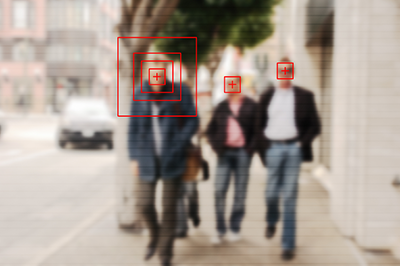
The ECtHR has issued a decision in the case of M.P. v. Poland (application 20416/13), accepting a unilateral declaration of the Polish Government that admitted a violation of the applicant’s rights under the European Convention on Human Rights.
The case concerned the applicant’s son who claimed that had been raped by his therapist. The therapist was acquitted in domestic proceedings, mainly because courts considered M.P. son’s testimony not credible due to the state of his intellectual disability.
In the unilateral declaration, the Government admitted a violation of the procedural limb of the applicants’ rights under Article 3 of the European Convention – the prohibition of torture, inhuman and degrading treatment or punishment. During the criminal investigation into the applicant’s case and the subsequent judicial examination of his case, domestic bodies failed to sufficiently take into account that the alleged offences targeted a person with an intellectual disability. Polish Government agreed to pay to the applicant the amount of PLN 40,000 on account of the Convention’s violation”, explains Katarzyna Wiśniewska, coordinator of the HFHR’s Strategic Litigation Programme.
Non-governmental organisations from different European countries, including the Budapest-based Mental Disability Advocacy Centre (MDAC) and the HFHR, submitted amicus curiae opinions to the ECtHR. “In our amicus, we presented a review of the standards of domestic and international law regarding the legal and practical facilities of access to criminal investigations and judicial proceedings for persons with an intellectual disability. We noted that there were no measures in Polish criminal law that would take into account the special needs of people with disabilities and protect them against secondary victimisation”, adds Marcin Szwed, a member of the HFHR’s legal team.
Apart from submitting the amicus curiae opinion to the Strasbourg Court, the Helsinki Foundation made note of the difficult situation of persons with an intellectual disability in court proceedings in its call for action sent to the Minister of Justice in November 2015, which included proposals for introducing appropriate facilities in the criminal procedure.
“The entry of the ECtHR decision in M.P. v. Poland may lead to the introduction to Polish rules of procedure, and especially the rules of criminal procedure, positive changes that fully take into consideration the needs of persons with an intellectual disability who appear as witnesses or victims in criminal cases. However, such changes may not be limited to the law in the books. It is also necessary to enhance the awareness of judges and prosecutors that persons with intellectual disabilities are particularly at risk of having their case unlawfully disregarded in the course of criminal proceedings”, assesses HFHR’s lawyer Michał Kopczyński.
The ECtHR decision may be accessed here.


